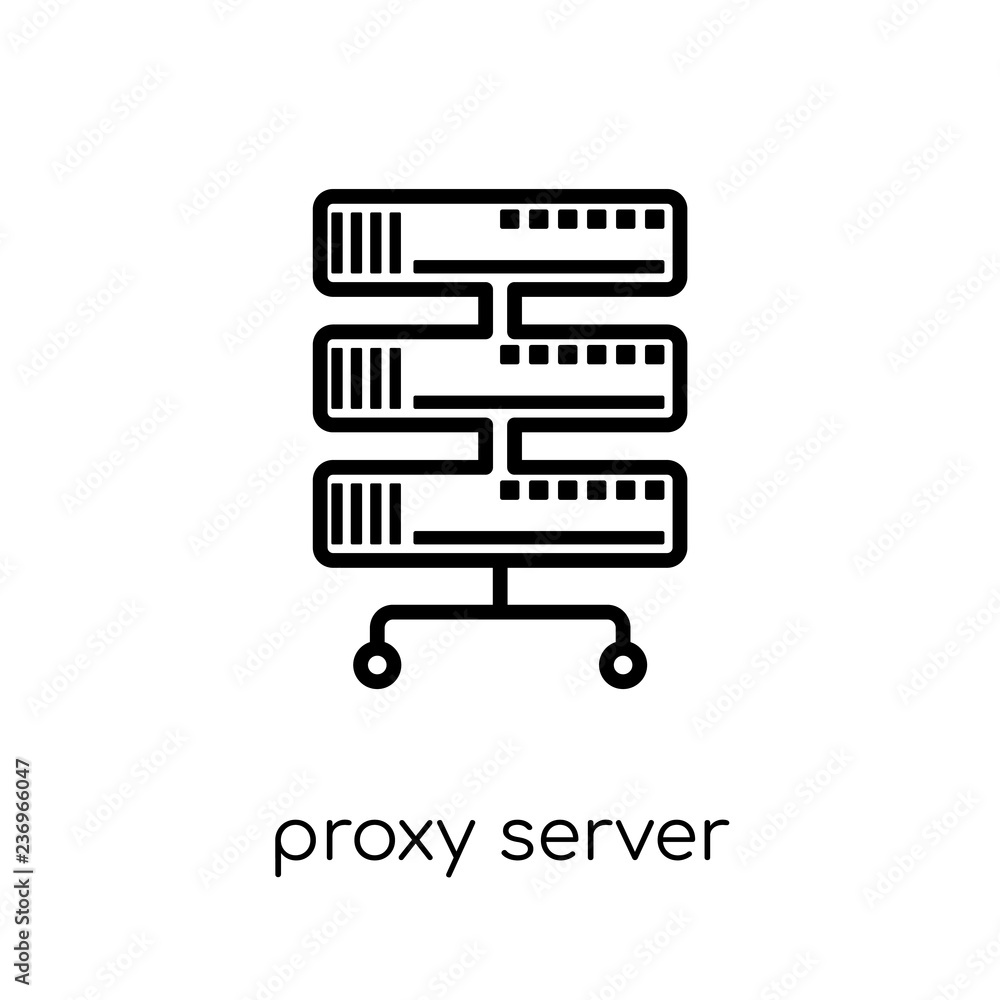In an age where digital footprints are readily traced and online privacy is growing increasingly limited, many users are switching to proxy servers as a way of maintaining anonymity. These intermediary servers act as a bridge between you and the internet, helping to mask your IP address and improve your online privacy. Grasping what a proxy server is and how it works is vital for anyone wanting to navigate the web with a layer of protection.
While there are numerous tools available for enhancing online security, proxy servers offer unique advantages that can supplement other solutions like VPNs. In our exploration of the art of remaining masked online, we will examine the multifaceted benefits of using proxy servers—ranging from protecting your identity and evading IP bans to improving your online gaming experience. Whether you are a business looking to secure your network or an individual aiming to overcome geo-restrictions and access media, this guide will equip you with the insight to make educated choices about employing proxy servers effectively.
Understanding The Role of Proxy Servers
Proxy servers act as go-betweens between a user's device and the internet. When a user submits a demand for resources online, the query first is directed to the proxy. The server then transmits this request to the intended web server, retrieves the data, and returns it back to the user's device. This process effectively masks the user's true IP address, providing a layer of anonymity and making it harder for websites to track user activity.
One of the main roles of a proxy server is to boost online privacy and security. By hiding the user's IP address, proxies help protect personal data from potential hackers and snoopers. Additionally, certain types of proxy servers can screen content, restrict unwanted ads, and improve the browsing experience by storing frequently visited web pages, which can lead to faster loading times.
Different types of proxy servers, such as HTTP, Socket Secure, and transparent proxies, serve various functions. HTTP proxies are often utilized for web browsing, while SOCKS proxies can get various types of traffic, including peer-to-peer connections. Transparent proxies do not modify requests or responses, rendering them appropriate for organizations that want to monitor employee internet usage without interfering with the browsing experience. Understanding these features is essential for users seeking to improve their online anonymity and security.

VPNs: An Analysis of Differences
When contrasting VPNs and VPNs, it is essential to understand their primary functions and how they differ in protecting online privacy. A proxy server acts as an agent between a user's device and the internet, routing requests and returning results while masking the user’s identity. However, it does not encrypt data transmissions, meaning data can still be intercepted during transmission. In contrast, a proxy server establishes a protected and safe tunnel between the device and the server, providing a higher level of privacy and safeguards against surveillance.
The choice between using a VPN and a VPN often is based on the user's specific needs. If the primary goal is to overcome geographic restrictions or improve browsing speed without concern for protection, a VPN may suffice. Conversely, for individuals or businesses focusing on security, especially while dealing with sensitive information or using public Wi-Fi, a proxy server is the better option. The added security offered by a proxy server protects minimal information from potential dangers, making it a superior option for safeguarding personal data.
While both proxy servers and proxy servers can enhance online privacy, they serve different purposes in the realm of internet privacy and confidentiality. Users seeking flexible protection, especially in risky scenarios, should think about a proxy server. On Extra resources , those who merely want to view restricted information without intense privacy needs might find VPNs adequate. Ultimately, grasping the differences and functionalities of these options is crucial for making an educated choice about online privacy.
Benefits and Risks of Utilizing Proxy Servers
Using proxy servers delivers numerous benefits, particularly for improving online privacy and security. By acting as intermediaries between users and the web, proxy servers mask the user's IP address, making it challenging for websites and hackers to monitor their digital activities. This added layer of privacy not only safeguards personal information but additionally assists in bypassing geographical restrictions on content. Additionally, proxies can block harmful content and enhance browsing speed by storing popular sites.
However, there are risks involved with proxy servers, especially when utilizing free services. Many free proxies may not have adequate security protocols in place, possibly putting users to data breaches or monitoring by third parties. Furthermore, these servers can be inconsistent, leading to erratic access and slower internet speeds. It's vital to choose reputable providers to mitigate these dangers and ensure optimal performance.
Lastly, while proxy servers can be useful for reaching geo-restricted content, they come with potential repercussions. Some streaming services proactively identify and block proxy traffic, which can result in service interruptions. Additionally, relying solely on proxies for protection may create a misleading sense of security; users should complement proxy use with other safety practices, such as strong passwords and updated antivirus software, for comprehensive cybersecurity.
